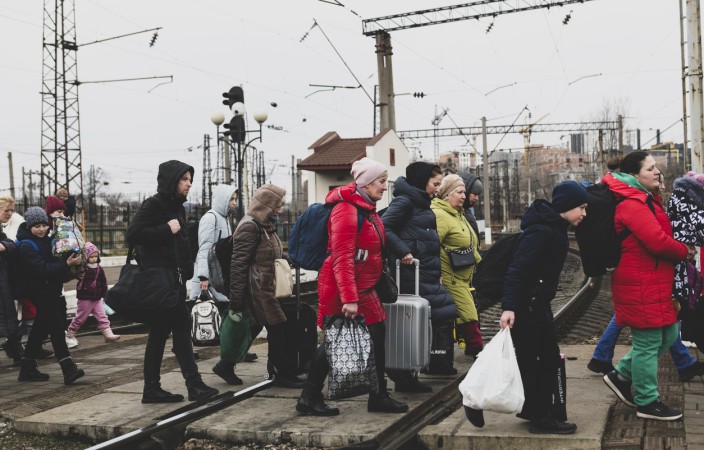Claiming Refugee Protection in New Zealand: Questions and Answers

1. What is the legal basis for refugee protection in New Zealand?
Refugee protection in New Zealand is governed by the Immigration Act 2009 and the Immigration (Refugee and Protection Status Processing) Regulations 2010. These laws implement New Zealand’s obligations under the Refugee Convention, the Convention Against Torture (CAT), and the International Covenant on Civil and Political Rights (ICCPR).
2. Who is eligible to claim refugee status in New Zealand?
A person is eligible to claim refugee status if they are outside their country of nationality (or habitual residence, if stateless) and have a well-founded fear of persecution for reasons of race, religion, nationality, membership of a particular social group, or political opinion. They must be unable or unwilling to seek protection from their home country because of this fear.
3. What is meant by a “well-founded fear of persecution”?
A “well-founded fear” means there is a real, not merely remote or speculative, chance of persecution if the person were to return to their country. The persecution must be linked to one of the five Convention grounds: race, religion, nationality, membership of a particular social group, or political opinion.
4. Can someone claim protection for reasons other than persecution?
Yes. In addition to refugee status, a person may be recognised as a “protected person” if there are substantial grounds for believing they would face torture, arbitrary deprivation of life, or cruel, inhuman, or degrading treatment or punishment if removed from New Zealand. This is assessed under the CAT and ICCPR provisions in the Immigration Act 2009.
5. How does someone make a claim for refugee or protected person status?
A claim is made by notifying an immigration officer or police officer of the intention to seek protection. The claimant must then complete a prescribed form in English, provide a current address, details of any legal representative, and submit supporting evidence, such as identity documents and a statement of the grounds for the claim.
6. What happens after a claim is lodged?
A refugee and protection officer (RPO) will assess the claim. The RPO may request further information, conduct interviews, and investigate the claim. The officer will determine whether the claimant qualifies as a refugee or protected person under the relevant legal criteria.
7. What rights do claimants have during the process?
Claimants have several important rights, including:
Non-refoulement: They cannot be deported while their claim is being considered.
Procedural fairness: The process must be fair and consistent with New Zealand’s international obligations.
Legal representation: Claimants may appoint a lawyer or agent.
Right to appeal: If a claim is declined, the claimant can appeal to the Immigration and Protection Tribunal.
Access to information: Claimants must be informed of the process and any requirements to provide further information or attend interviews.
8. What are the responsibilities of claimants?
Claimants must provide all information and evidence they wish to have considered. While the RPO may make further enquiries, the primary responsibility is on the claimant to substantiate their claim.
9. What happens if a claim is declined?
If a claim is declined, the claimant has the right to appeal to the Immigration and Protection Tribunal, which will consider the matter afresh. Further judicial review may be available in the High Court in limited circumstances.
10. Are there exceptions or limitations to making a claim?
Yes. Claims that are manifestly unfounded, clearly abusive, or simply repeat previous claims without new evidence may be refused. Certain individuals, such as those who have committed serious crimes or are considered a danger to New Zealand’s security, may be excluded from protection. Recognised refugees may only be deported in limited circumstances, such as for national security or serious criminality.
11. What are the rights of recognised refugees and protected persons?
Recognised refugees and protected persons are entitled to remain in New Zealand and are protected from deportation, subject to specific exceptions. They may also have access to certain social services and support.
You should contact one of Young Hunter’s experienced refugee lawyers as soon as possible. Our lawyers can help you understand your rights and guide you through the refugee appeal process.
